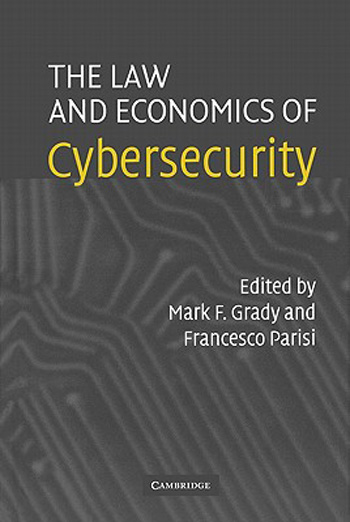|
As the world becomes more interconnected than ever, the need for faster and more reliable communication networks has never been greater. Enter 5G technology - the fifth generation of wireless technology that promises to revolutionize our lives in ways we can only begin to imagine. At its core, 5G technology is all about speed. With download speeds up to 100 times faster than its predecessor, 4G, 5G will enable us to transmit data at lightning-fast speeds, paving the way for seamless real-time communication and near-instantaneous access to information. This means faster downloads, smoother streaming, and reduced latency for a wide range of applications. One of the areas where 5G technology is expected to have a transformative impact is in the Internet of Things (IoT). The IoT refers to the network of interconnected devices that communicate and share data with each other. With 5G, the IoT will reach new heights, enabling billions of devices to connect simultaneously with minimal delay. This opens up a world of possibilities, from smart homes and cities to autonomous vehicles and remote healthcare. Another key aspect of 5G technology is its ability to handle massive connectivity. Unlike previous generations, 5G is designed to support a significantly larger number of devices per square kilometer. This is particularly crucial in densely populated areas and crowded events where network congestion can often be an issue. With 5G, we can expect more stable connections and enhanced network capacity, ensuring that everyone can stay connected, even in the busiest of environments. Moreover, 5G technology brings advancements in network reliability and energy efficiency. Its use of higher-frequency bands allows for increased bandwidth and improved signal quality. Additionally, 5G networks are designed to be more energy-efficient, reducing power consumption and contributing to a greener future. The implementation of 5G technology also holds great promise for various industries, including healthcare, manufacturing, transportation, and entertainment. In healthcare, 5G-enabled remote surgeries and real-time patient monitoring can revolutionize the delivery of medical services. In manufacturing, the use of 5G networks can enable seamless connectivity between machines, enhancing productivity and efficiency. In transportation, autonomous vehicles can rely on 5G for faster and more accurate data exchange, leading to safer roads. In the entertainment industry, virtual reality (VR) and augmented reality (AR) experiences can be taken to new heights with the low latency and high bandwidth offered by 5G. However, as with any technological advancement, there are challenges and considerations that need to be addressed. The deployment of 5G infrastructure requires significant investments in network infrastructure and spectrum allocation. There are also concerns regarding potential security vulnerabilities and the impact of electromagnetic radiation on human health. As these concerns are thoroughly examined and addressed, the full potential of 5G technology can be harnessed while ensuring the well-being of individuals and society. 5G technology is set to transform the way we live, work, and connect with each other. With its unparalleled speed, massive connectivity, reliability, and energy efficiency, 5G will unlock a world of possibilities and usher in a new era of innovation and progress. From smart cities to advanced healthcare solutions, the impact of 5G will undoubtedly be felt across various sectors, shaping the future for generations to come.  |
